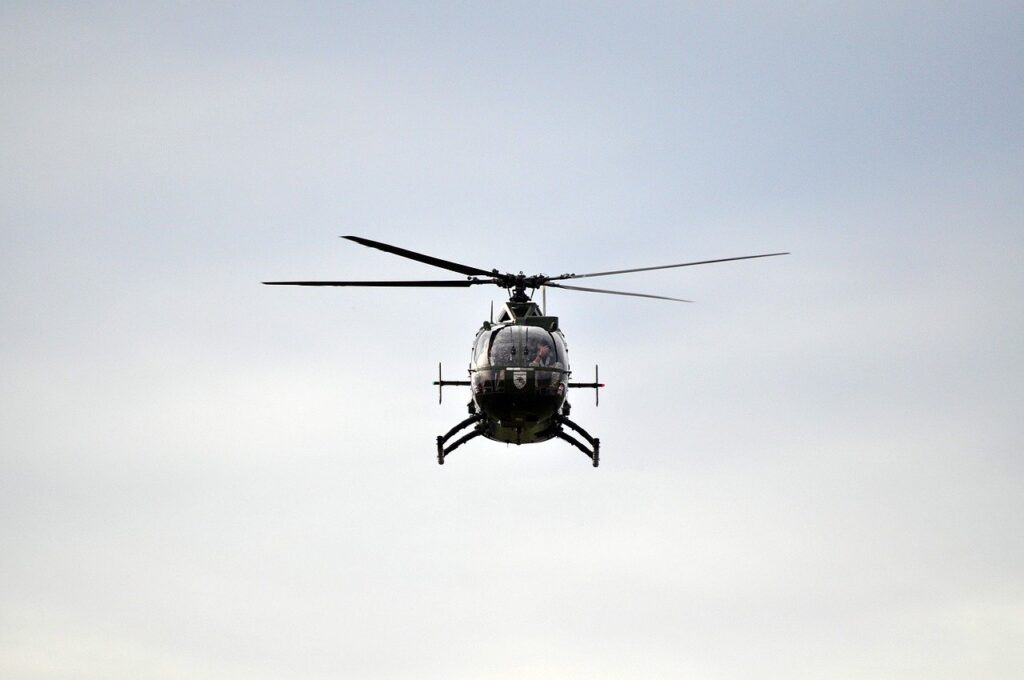PVC tarps are also known for their adaptability. They can be produced in a variety of dimensions, colors, and densities to fit different requirements. Adjustable choices enable users to pick tarps that fit specific measurements or demands. For example, a large PVC tarpaulin can be used to cover a vehicle bed or a large construction area, while smaller sized tarps can be used for much more precise applications. The availability of different colors can also be helpful for organizational objectives or branding.
Among the defining features of PVC tarps is their extraordinary durability. PVC, a synthetic plastic polymer, is inherently strong and resistant to tearing, abrasion, and punctures. This makes PVC tarps suitable for demanding environments where they are subject to rough handling or exposure to extreme conditions. In construction sites, as an example, these tarps are usually used to cover devices, machinery, or materials to protect them from rain, dirt, and other particles. Their durable nature ensures that they maintain their integrity even when subjected to hefty use.
An additional remarkable advantage of PVC tarps is their UV resistance. Extended exposure to sunlight can trigger materials to weaken over time, yet the UV-resistant buildings of PVC tarps help alleviate this issue. This resistance ensures that the tarps maintain their shade and structural integrity even after expanded use in outdoor environments. This makes them a prominent option for applications such as outdoor event treatments, where they are exposed to sunlight and require to withstand the elements.
The flexibility of PVC tarps also contributes to their wide range of applications. Unlike a few other materials, PVC tarps can be conveniently folded and stored when not being used, making them practical to transportation and store. This flexibility makes them suitable for short-term or mobile setups, such as pop-up sanctuaries or outdoor market stalls.
Despite their many benefits, PVC tarps are not without their restrictions. One consideration is that PVC is a synthetic material, and its manufacturing and disposal can have environmental effects. Some users may like different materials that are eco-friendly or have a lower environmental footprint. Furthermore, while PVC tarps are resistant to many elements, they may not be suitable for severe temperatures or highly specialized applications. For pvc tarp , in extremely chilly conditions, PVC can become rigid and much less versatile.
Generally, PVC tarps use a durable and functional option for a wide variety of needs. Their durability, water resistance, and UV security make them suitable for use in demanding environments, while their flexibility and ease of upkeep include in their usefulness. Whether used in construction, agriculture, transportation, or recreation, PVC tarps supply dependable defense and utility. Just like any type of material, it is essential to consider particular needs and environmental factors when selecting the proper tarp for an offered application.
PVC tarps, also known as PVC tarpaulins, are versatile and sturdy sheets of material that have become increasingly preferred for a variety of applications. Constructed from polyvinyl chloride (PVC) or a mix of PVC and polyester, these tarps use an unique combination of strength, flexibility, and resistance to environmental factors. The use of PVC tarps extends across various industries, including construction, agriculture, transport, and leisure tasks.
In addition to their functional advantages, PVC tarps are fairly very easy to maintain. They can be cleaned with basic soap and water, and their water resistant nature prevents them from taking in discolorations or smells. This ease of cleansing is especially helpful in environments where tarps are regularly exposed to dirt or spills.
Along with their strength, PVC tarps are also highly resistant to water and other fluids. The PVC layer produces a water-proof barrier, making these tarps reliable in preventing water from permeating via. This feature is specifically important in farming setups where PVC tarps are used to cover haystacks, silos, and other storage space locations. By maintaining dampness out, PVC tarps help in preserving the quality of stored items and decreasing the risk of mold and mildew and rot.
